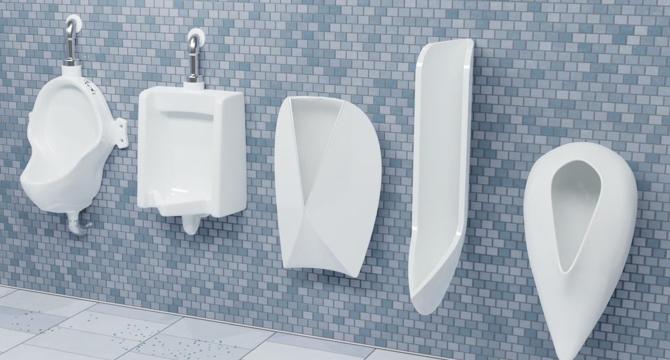Popsci
1M
366

Image Credit: Popsci
New urinal designs use physics to prevent pee splashback
- The basic design of urinals has remained similar for centuries, leading to issues like splashback in public restrooms.
- A study in 2019 estimated that US urinals splash as much as 1 million liters of urine daily, posing hygiene and cleaning challenges.
- New urinal designs, such as the 'Cornucopia' and 'Nautilus,' use fluid dynamics to minimize splashback and improve public health.
- The designs were developed by an international team including researchers and students at the University of Waterloo.
- Inspiration for the designs came from dogs' urination angles, leading to a solution resembling nautilus shells to reduce splashing.
- Testing with dyed water jets showed that a surface intersecting urine streams at a low angle prevents splashback.
- The new urinals reduced splashes to just 1.4% of the common North American design and are more accessible with versions for standing users and those with disabilities.
- Replacing all US public urinals with designs like the Nautilus could save significant water and resources, enhancing sustainability and hygiene.
- The project aims to reduce water usage for cleaning, save millions of liters of water per day, and improve public sanitation.
- The innovative urinal designs offer potential benefits such as conserving resources, reducing costs, and enhancing public hygiene.
Read Full Article
22 Likes
For uninterrupted reading, download the app